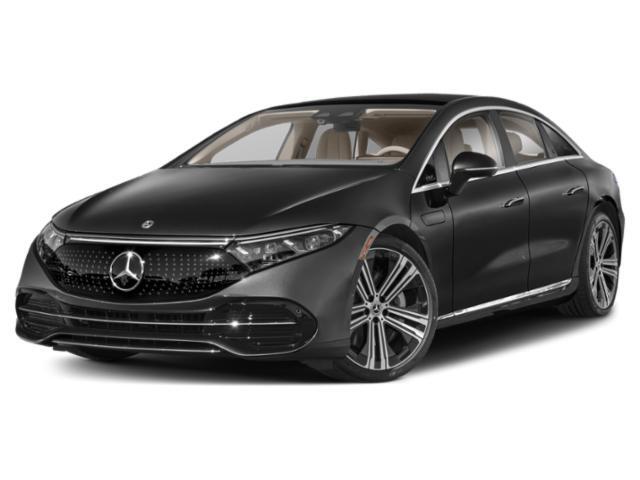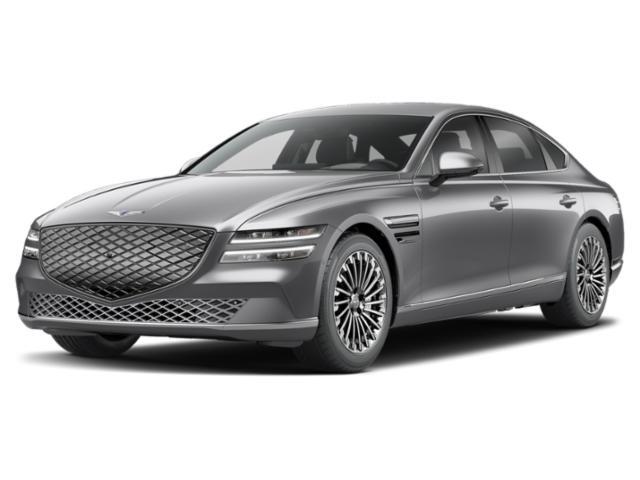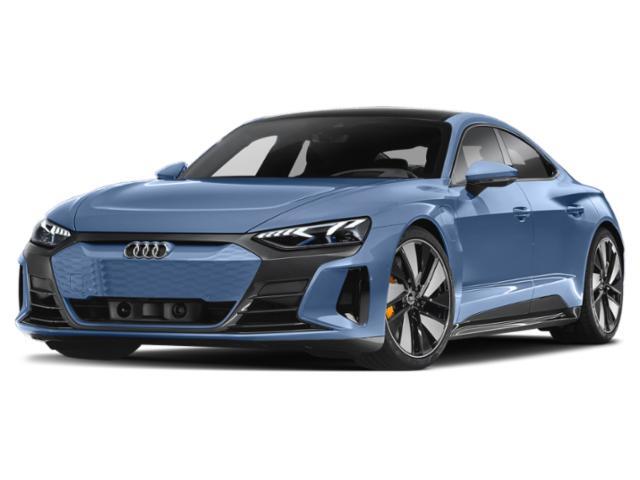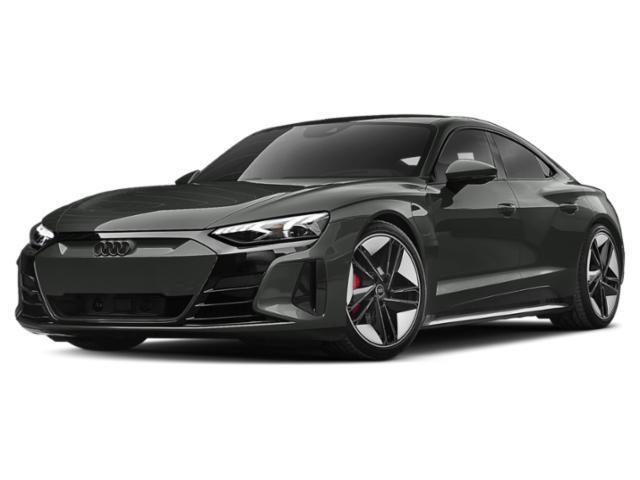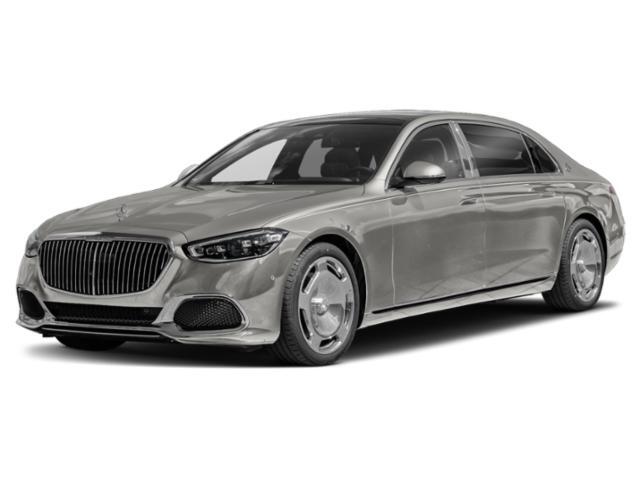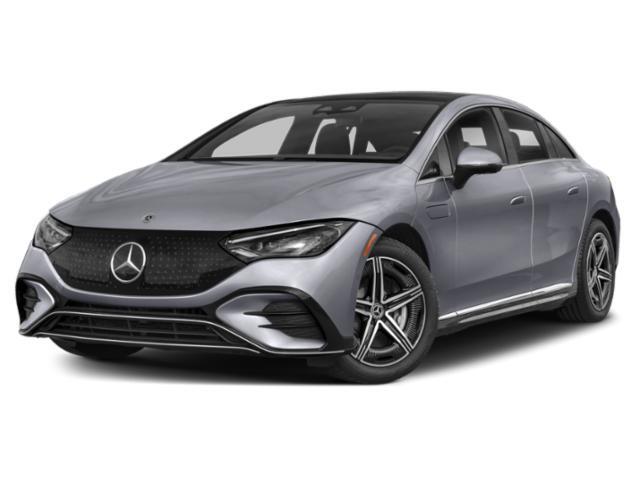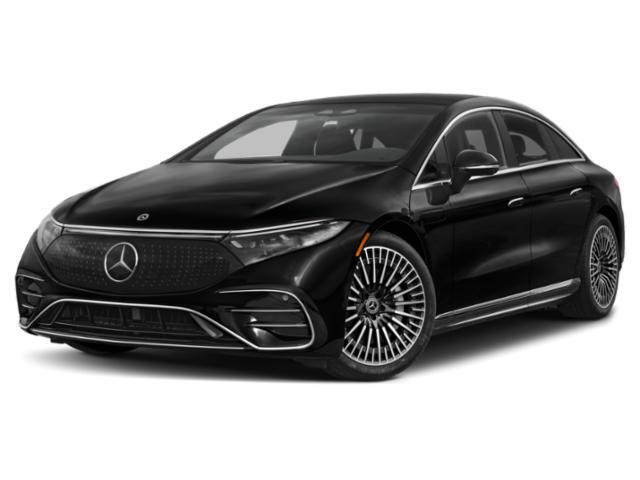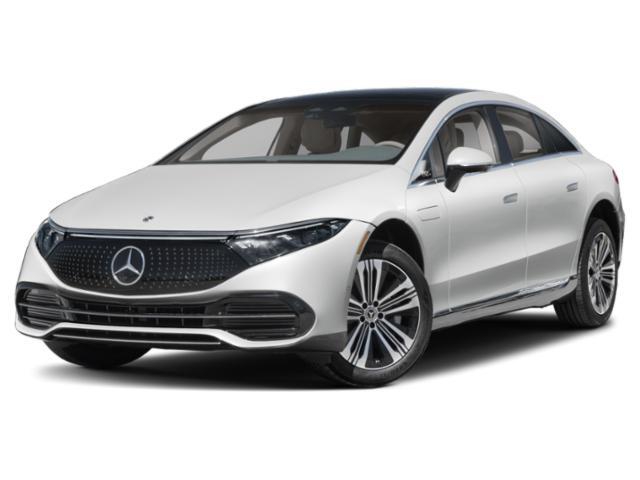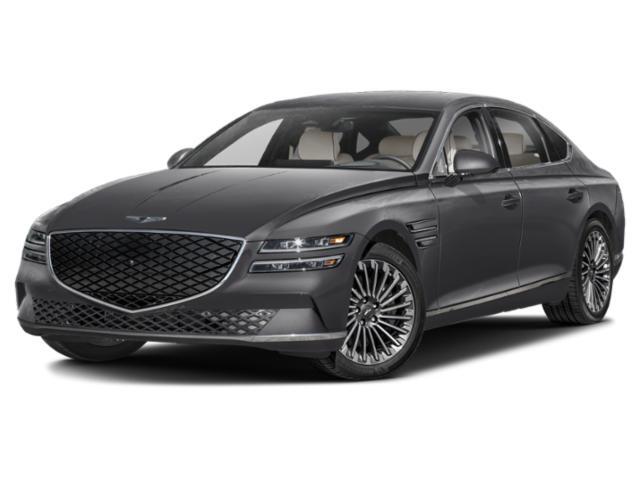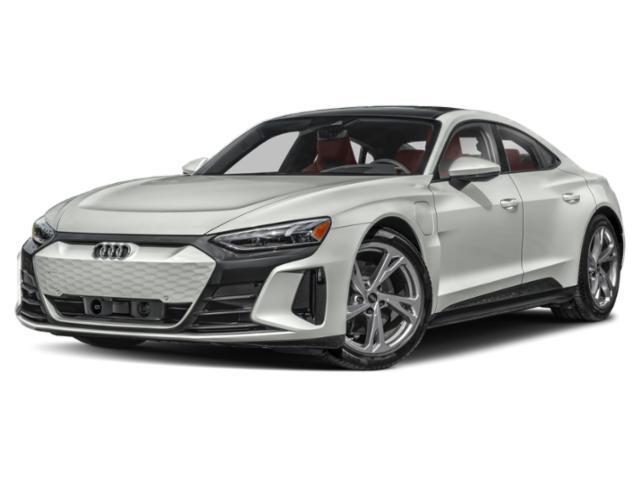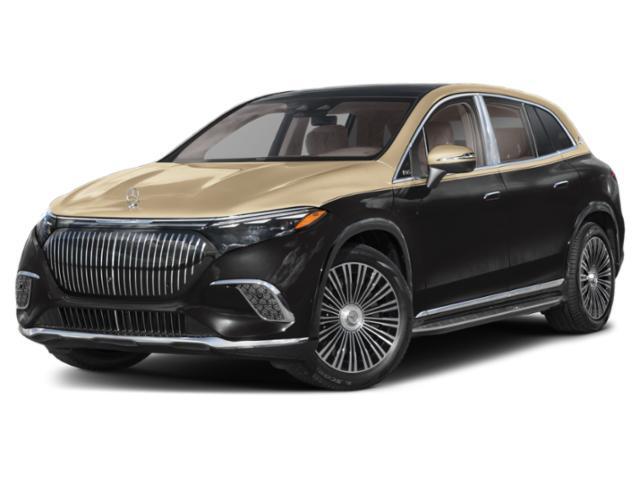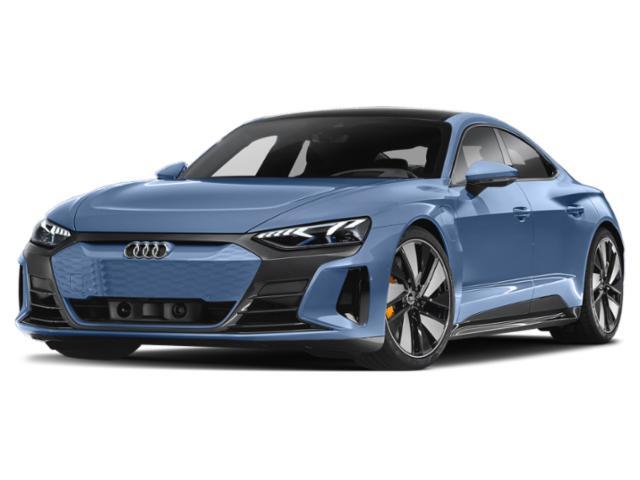
2023 BMW i7

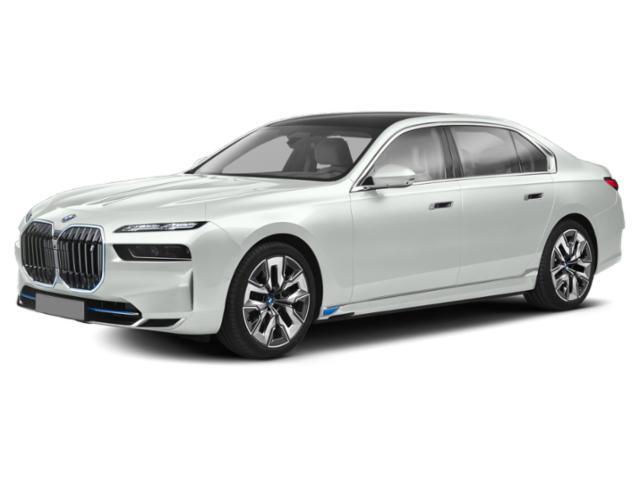
Key Specifications for 2023 BMW i7






Buyer’s Guide
History/Overview
As with many emerging automotive technologies, getting electric propulsion into the mainstream means introducing it in high-end battery-powered models like the BMW i7, an EV version of the brand’s full-size luxury sedan; after all, if you can make an EV to satisfy premium car buyers, it becomes much easier to create one that will appeal to buyers with smaller budgets.
What’s New/Key Changes From Last Year
The BMW i7 is new for the 2023 model year.
Available Trims
BMW offers the i7 in a single xDrive60 trim level, which has dual electric motors (one front, one rear) that provide all-wheel drive performance.
Standard Features
The BMW i7 xDrive60 comes dressed with 20-inch wheels, leather upholstery, and wood dash trim. Inside, you get a heated steering wheel, a garage door remote, rear and side sunshades, multifunction heated/ventilated front seats, heated rear seats, satellite radio, wireless phone charging, digital gauges, four-zone A/C, a head-up display, and a drive recorder. Also included is four-wheel steering, a power trunk, adaptive headlights, passive keyless entry, soft-close doors, auto-dimming/power-folding side mirrors, a panoramic sunroof, and air suspension.
The i7’s standard safety kit includes active cruise control, automatic high beams, parking assistant, and a driving assistant.
Key Options
An advanced driver assistance package brings a more sophisticated driving assist suite, and a highway driving assist function. You can also add an executive lounge package of a two-place rear seat with a luxury console. Other options include 20- and 21-inch wheels.
Fuel Economy
In base form, the i7’s energy consumption estimates are 2.7/2.6 Le/100 km (city/highway); with 20-inch wheels, ratings are 2.9/2.8 Le/100 km, and cars with the 21-inch wheel option are ranked at 2.8/2.6 Le/100 km.
Competition
The BMW i7 may be brand new, but it’s not alone in the full-size luxury EV category, where it competes against the Mercedes-Benz EQS, Tesla Model S, Audi E-Tron GT, and the Porsche Taycan.
Photos


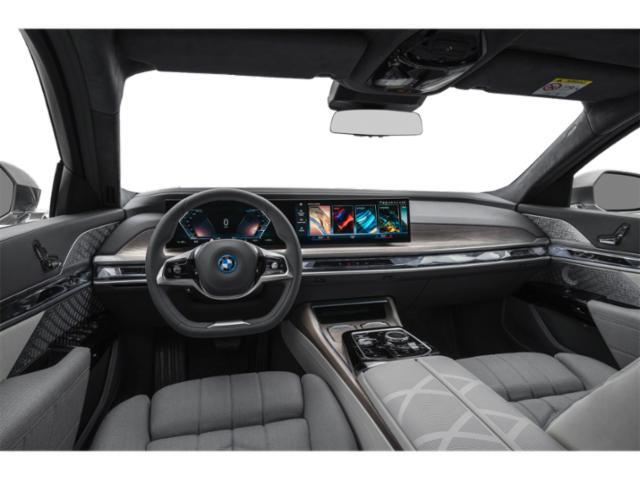



AutoTrader Review











